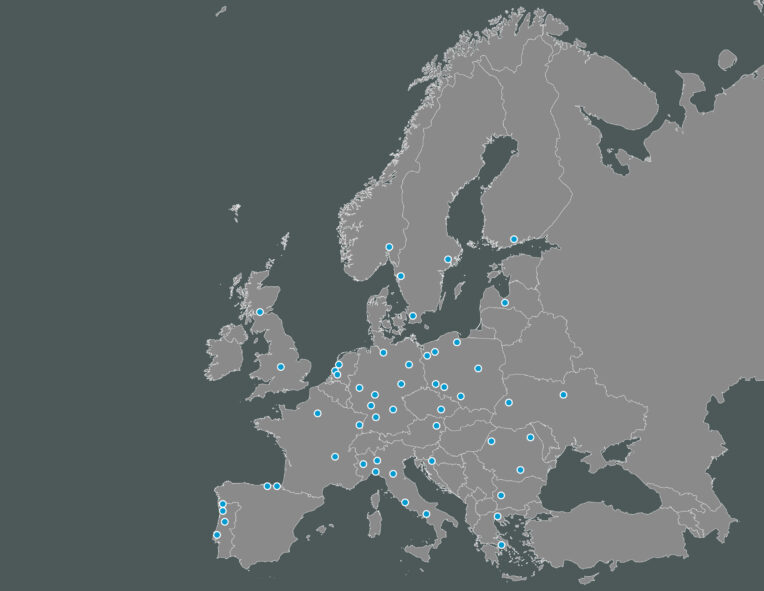Città metropolitana di Torino
Alessandro Bertello, Senior Expert

Metropolitan strategy to enhance the connections between urban and rural-mountain areas to ensure homogeneous territorial development at the metropolitan scale
Connecting urban and rural mountain areas and improving the environmental quality and accessibility is thus an important part of the metropolitan strategy to ensure homogeneous territorial development at the metropolitan scale.
The main tool that CMCTo has to enhance cohesive and coherent territorial development is the Strategic Metropolitan Plan (SMP) which envisages:
1. the construction of a new alliance between the Turin agglomeration and its territory, based on integration and complementarity;
2. the valorisation of the differences and specificities of each context within the metropolitan area, combining natural and artificial environments, developing the potential of both to build equity, well-being and sustainability.
However, no specific funds are foreseen for the SMP, therefore the realisation of the agenda of actions must rely on other financing sources (Next Generation EU, EU Programmes, National funds, Regional funds) and on the institution’s regulatory and management activities. This slows down the efficient and systematic implementation of the SMP.
Program of actions
Besides the financing hurdles, there are a number of actions undertaken which aim to translate the metropolitan vision into practice.
Measures include projects aiming at:
• reducing the digital divide with a €1m investment mainly focused to the rural and mountain areas. As an example, a small part of the financing was used to equip five alpine refugees with internet connection.
• increasing sustainable mobility with BICIPLAN: the Bike-to-rail programme involves the development of an extensive network of cycle infrastructures that connects small towns and villages to railway stations and interchange nodes (€1m from the Ministry of Transport for 10 feasibility studies).

Network of cycle infrastructures
and finally enhancing the environmental quality of the metropolitan spaces with the Forestation Strategy Program which follows the National Strategy and the World Forum guidelines (€10m funded by the National Recovery and Resilience Plan (NRRP) and Ministry of Environment have served to plant 265,000 trees on approximately 300 hectares of land, restoring fire-affected areas, degraded areas and river banks).

In relation to the latter, the Metropolitan City has created the Catalogue of Redevelopment and Environmental Compensation Interventions (CIRCA), a tool available for the municipalities and other territorial bodies to survey areas where it is necessary:
• to implement projects whose goal is the conservation of the natural environment and the ecosystem services;
• to increase the network of green infrastructures;
• to improve the capacity to respond to climate change.
The catalogue is combined with a list of environmental interventions that can be effectively applied.
Technical Assistance Service
The Metropolitan City has created a technical assistance service: this is a unit that is composed by 12 highly qualified staff among which are engineers, geologists, architects and administrative experts.
The service performs the functions of a design studio in the matter of construction, territorial planning, roads, urban qualification, fire emergency, administrative practice. The unit can follow all phases from design to construction (preliminary design) and provide assistance in facilitating access to financing (final design, executive design, direction of works and operation management).
It can also provide advice on expropriation matters.


